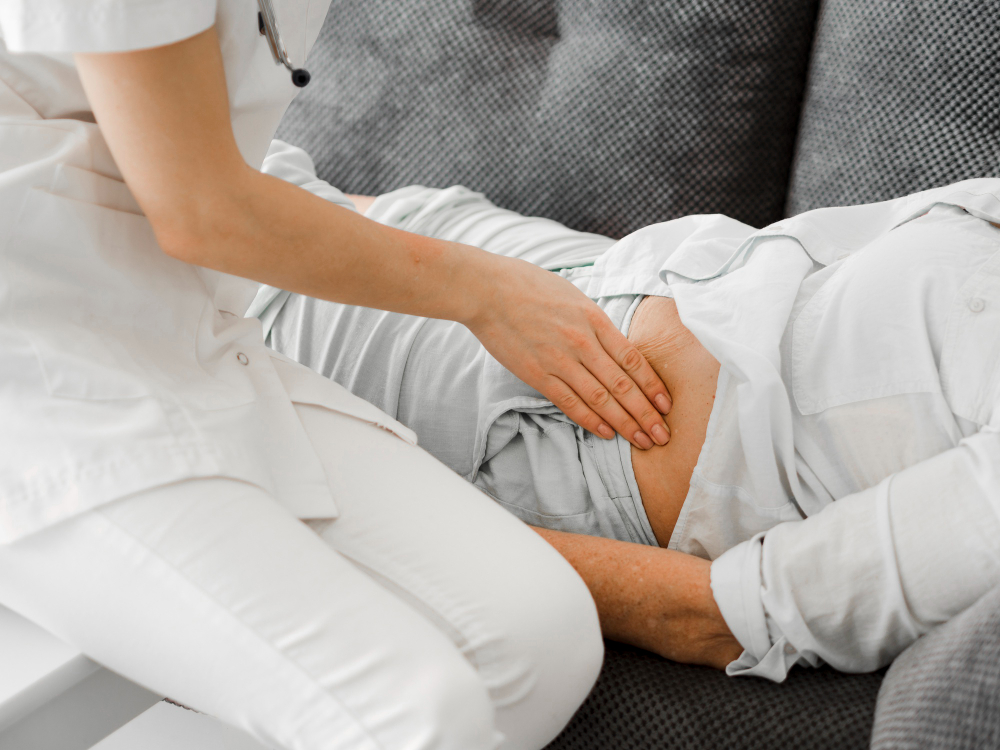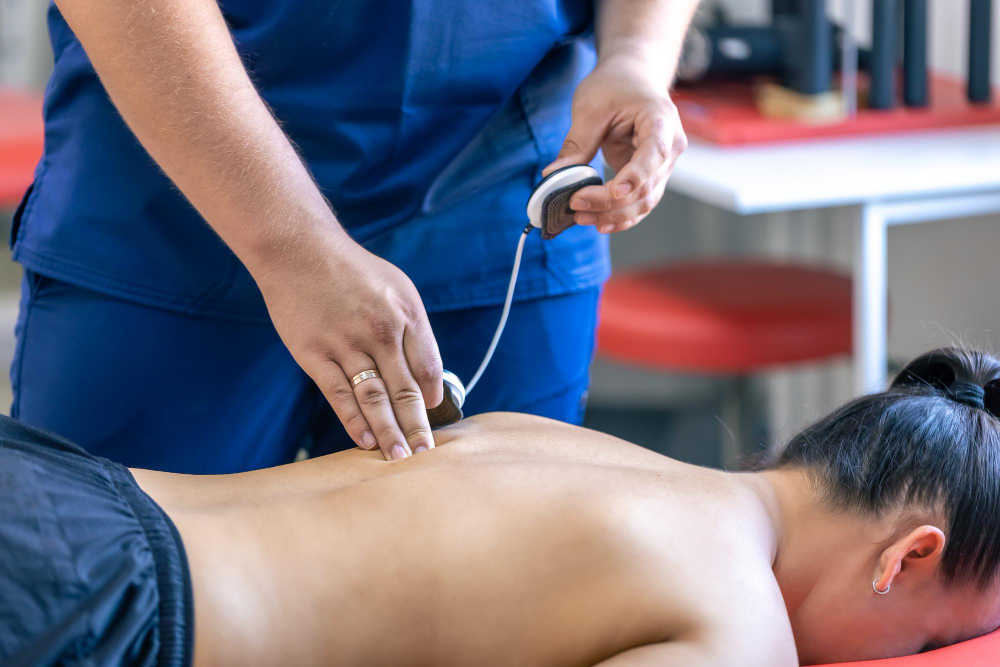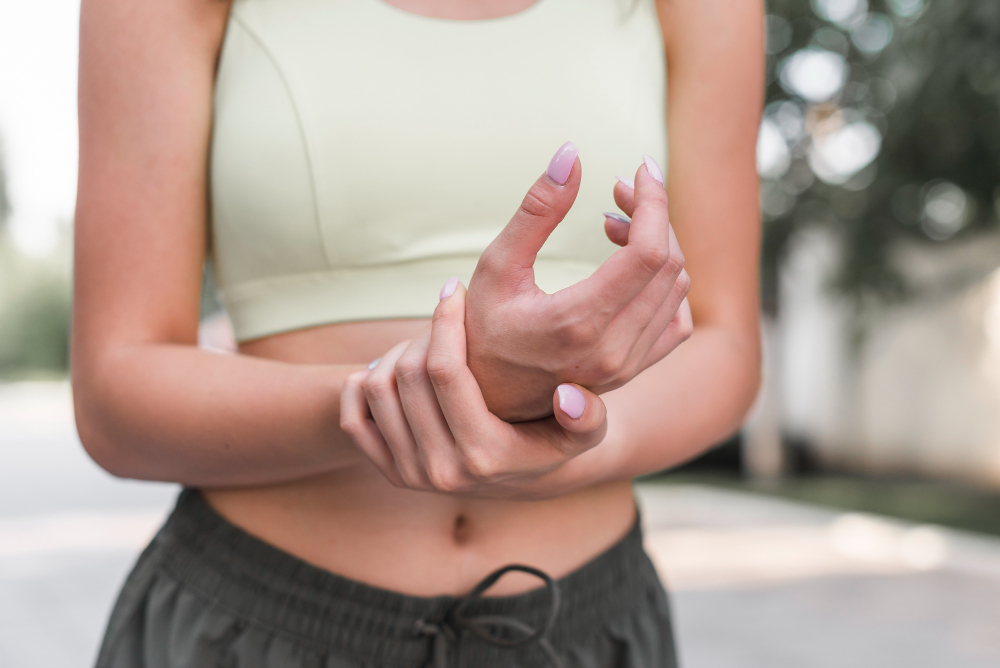We’re going to explore a topic that affects many people: blood pressure. In this article, we’ll explore the relationship between blood pressure and your overall health. We’ll dive into how exercise can play a pivotal role in reducing blood pressure, highlighting the best exercises for this purpose.
Additionally, we’ll delve into the benefits of osteopathy in managing blood pressure and provide you with a comprehensive guide to lowering your blood pressure effectively. So, let’s get started on this journey towards better heart health!
How blood pressure affects your health
Before we dive into solutions, let’s understand the impact of blood pressure on your overall health. Blood pressure measures the force exerted by blood against the walls of your arteries. Consistently high blood pressure can strain your arteries, heart, and other organs, increasing the risk of serious health conditions, including heart disease, stroke, and kidney problems. In the UK, over 1 in 4 adults have high blood pressure, making it a prevalent health concern.
Can exercise help lower blood pressure?
Absolutely! Engaging in regular physical activity has proven to be a powerful tool in managing blood pressure. Exercise helps to strengthen the heart, improve blood circulation, and promote healthy blood vessel function. In fact, studies show that engaging in regular exercise can significantly lower both systolic and diastolic blood pressure. But what are the best exercises to achieve this?
Best exercises to lower blood pressure
When it comes to lowering blood pressure, certain exercises stand out as effective options. One such exercise is wall squats. Wall squats are fantastic for building lower body strength and improving blood flow. According to a study by Dr Jamie O’Driscoll, from Canterbury Christ Church University, isometric exercises place a different stress on the body to aerobic exercise.
“They increase the tension in the muscles when held for two minutes, then cause a sudden rush of blood when you relax. This increases the blood flow, but you must remember to breathe.”
To perform a wall squat, stand with your back against a wall, then lower yourself into a sitting position with your thighs parallel to the ground. Hold for 10-15 seconds and repeat several times.
Guidelines from the NHS recommend that adults try to do 150 minutes of ‘moderate-intensity exercise a week’. Alternatively, 75 minutes of high-intensity activity and muscle-strengthening exercise twice a week. Dr O’Driscoll also says they should “consider two minutes of wall squats, or holding the plank position four times with two minutes’ rest in between, three times a week.”
Can osteopathy help lower blood pressure?
Osteopathy offers a holistic approach to health, focusing on the interconnectedness of your body’s structure and function. Osteopathic treatments include hands-on techniques, which can aid in reducing stress and tension, promoting relaxation, and optimising blood circulation. By addressing musculoskeletal imbalances, osteopathy indirectly contributes to blood pressure regulation.
Stress and tension are known factors that can elevate blood pressure levels, and addressing these issues through osteopathy can help to relax the body, reduce muscle tension, and promote a sense of calm. As a result, this can have a beneficial impact on your overall cardiovascular health!
Other ways to reduce blood pressure
In addition to exercise and osteopathy, there are other lifestyle changes you can make to effectively lower your blood pressure:
- Healthy Diet: Reduce salt intake, eat a variety of fruits and vegetables, and opt for lean proteins and whole grains.
- Stress Management: Practise relaxation techniques such as deep breathing, meditation, or yoga to keep stress in check.
- Limit Alcohol and Caffeine: Moderation is key when it comes to alcohol and caffeine consumption.
- Quit Smoking: Smoking can elevate blood pressure, so quitting is a significant step towards better heart health.
Incorporating exercise, especially targeted exercises like wall squats, and exploring the benefits of osteopathy can go a long way in managing and reducing your blood pressure. By making these positive changes, you’re taking control of your heart health and reducing your risk of serious health issues.
Remember, small steps can lead to significant improvements. If you’re ready to embark on a journey towards lower blood pressure and improved overall well-being, don’t hesitate to reach out to us. Let’s work together for a healthier, happier you!





